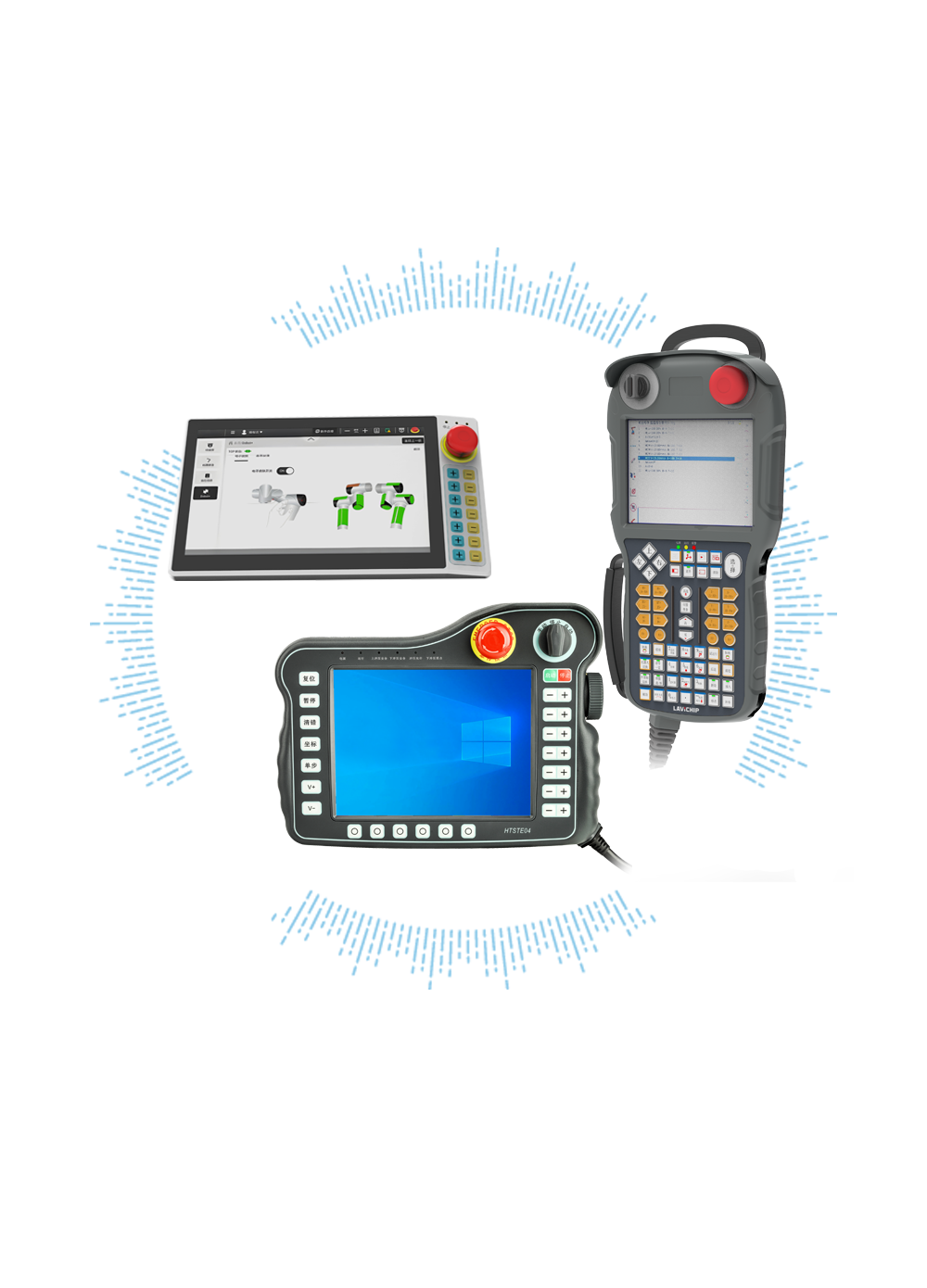In the rapidly evolving landscape of automation, control systems for industrial robots play a pivotal role in enhancing efficiency and precision. However, customizing these systems to meet specific operational needs presents significant challenges. As I delve into this topic, it becomes clear that understanding both the intricacies of control systems and the hurdles in customization is essential for any industry aiming to leverage robotic technology.
Click to find more about control system for industrial robot.
Understanding Control Systems for Industrial Robots
The control system serves as the brain of an industrial robot, dictating its movements and functions with remarkable accuracy. These systems typically integrate various components such as sensors, actuators, and software algorithms to ensure seamless operation. A robust control system not only enhances productivity but also improves safety by minimizing human error during complex tasks. Moreover, advancements in artificial intelligence are paving the way for more adaptive and intelligent control mechanisms that can learn from their environment.
Exploring Lavichip’s Role in Robotics
lavichip has emerged as a key player in developing innovative solutions tailored specifically for robotic applications. Their cutting-edge technology focuses on creating efficient microcontrollers that enhance communication between different parts of a robot’s system. By providing high-performance processing capabilities while maintaining energy efficiency, lavichip enables manufacturers to optimize their robots’ functionality without compromising on speed or reliability. This integration ultimately leads to smoother operations within automated environments.
Click robot control system,industrial robot control system.
Diving Deeper into Robot Control Systems
A well-designed robot control system encompasses several critical elements including motion planning, feedback loops, and real-time data processing capabilities. In an industrial setting where precision is paramount, these features allow robots to perform intricate tasks with minimal oversight effectively. Furthermore, implementing an industrial robot control system requires careful consideration of factors such as load capacity and environmental conditions which can significantly impact performance outcomes over time.
Conclusion: The Future of Control Systems for Industrial Robots

The journey towards perfecting control systems for industrial robots is fraught with challenges yet filled with potential rewards. As industries continue to seek customized solutions that cater specifically to their unique requirements, addressing these complexities will be crucial in harnessing the full power of robotics technology.
